False mysticism and spiritual abuse, working group created in the Vatican
The study team will include members of the Dicasteries for the Doctrine of the Faith and for Legislative Texts. The aim is to “classify” the crime of spiritual abuse, arriving at a more adequate determination in matters related to spirituality and alleged supernatural phenomena
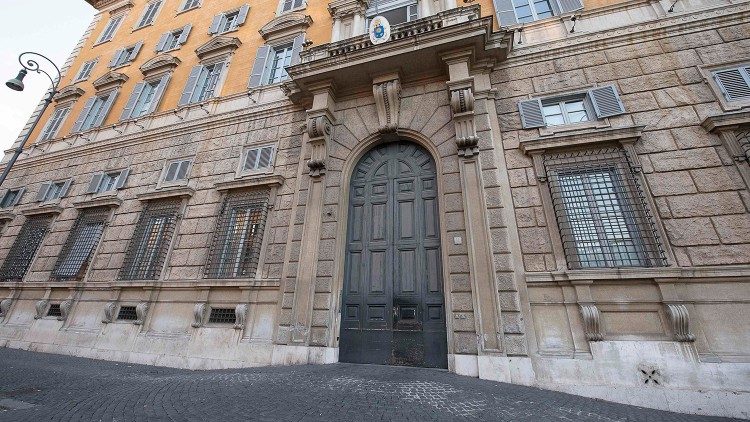
The so-called “false mysticism” appears in the regulations of the Dicastery for the Doctrine of the Faith [DDF] in a very precise context: that of the questions related to spirituality and alleged supernatural phenomena, today belonging to the Doctrinal Section: “problems and behaviors related to the discipline of faith, such as cases of pseudo-mysticism, alleged apparitions, visions and messages attributed to a supernatural origin…” (Art. 10, 2).
In this context, “false mysticism” refers to spiritual proposals that damage the harmony of the Catholic vision of God and of our relationship with the Lord. Precisely in this sense it appears in the Magisterium, for example, in the encyclical Haurietis Aquas where Pope Pius XII rejects as “false mysticism” that conception of God present in the Jansenist groups who, in their spirituality, did not take into account the mystery of the Incarnation.
“Therefore, it is not fair to say that the contemplation of the physical Heart of Jesus prevents the most intimate contact with the love of God, because it retards the progress of the soul on the path that leads directly to the possession of the most exalted virtues. The Church fully rejects this false mysticism, just as, on the authority of our predecessor Innocent XI, f. m., she condemned the doctrine of those who affirmed: “They (the souls of this internal path) must not make acts of love to the Blessed Virgin, to the Saints, or to the humanity of Christ; for as these objects are sensible, so is the love for them. No creature, not even the Blessed Virgin and the Saints, should have a place in our hearts, for God desires to occupy and possess them alone” (Encyclical Letter Haurietis Aquas, 15 May 1956, IV: AAS 48 [1956], 344).
There is no crime in Church law classified under the name “false mysticism,” although the expression is sometimes used by canonists in a sense strictly related to crimes of abuse.
On the other hand, in the new Norms for proceeding in the discernment of alleged supernatural phenomena, the DDF has specified that “the use of alleged supernatural experiences or of recognized mystical elements as a means or pretext for exercising dominion over persons or committing abuses must be considered to be of particular moral gravity” (Art. 16). This consideration allows the situation described there to be evaluated as an aggravating circumstance if it occurs together with the crimes.
At the same time, it is possible to typify a crime of “spiritual abuse”, avoiding the overly broad and polysemic expression of “false mysticism”.
It is proposed to entrust the task of analyzing this possibility, and of presenting concrete proposals, to the Dicastery for Legislative Texts and to the DDF, by constituting a working group chaired by the Prefect of the Dicastery for Legislative Texts.
Víctor Manuel Card. Fernández
Prefect
Ex Audientia Die 22.11.2024
Franciscus
The Prefect of the Dicastery for Legislative Texts has accepted the proposal and is proceeding with the constitution of the planned working group, composed of the members indicated by both Dicasteries, in order to carry out the task entrusted to them as soon as possible.
Related
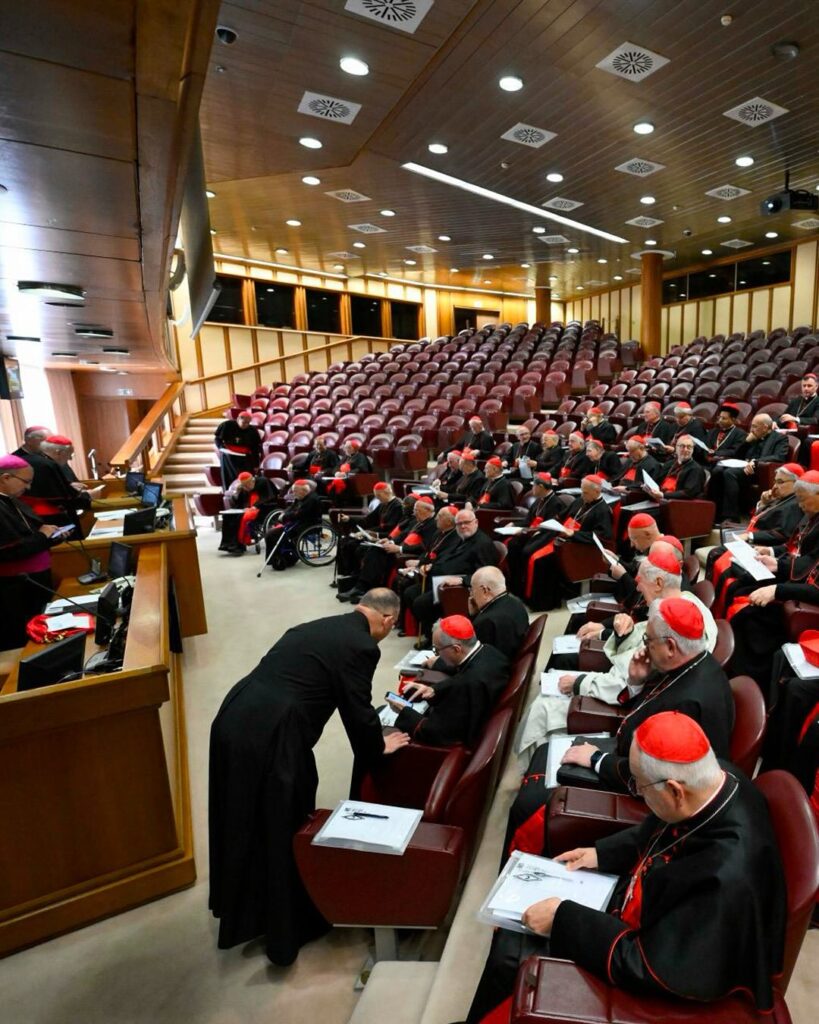
The first General Congregation of Cardinals was held in the Vatican
Exaudi Staff
23 April, 2025
2 min
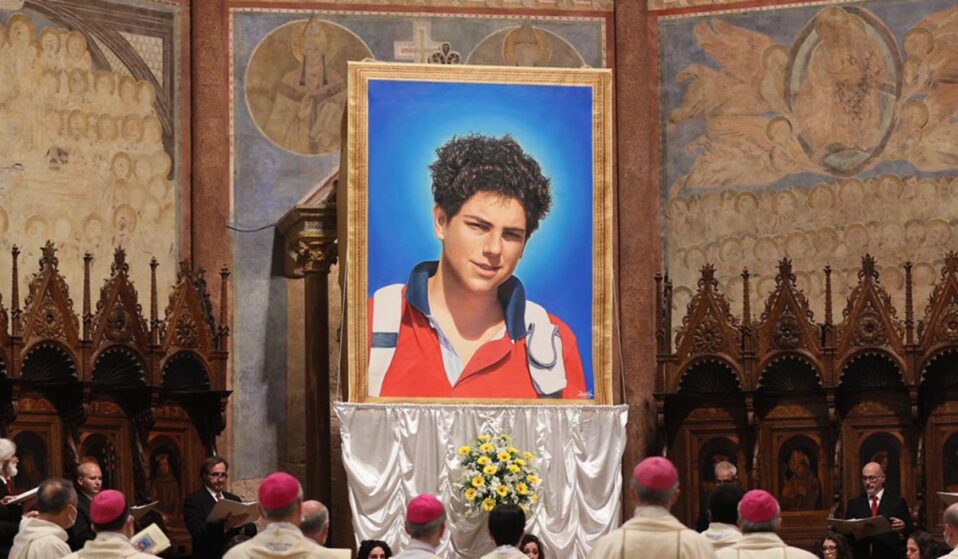
Holy See: Canonization of Carlo Acutis Postponed
Exaudi Staff
21 April, 2025
2 min
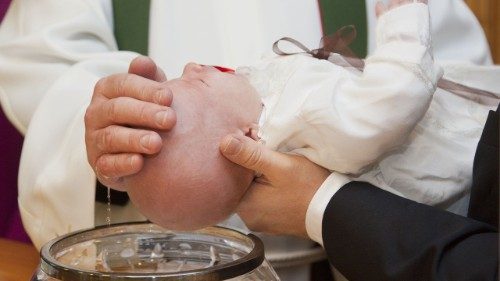
Baptism: An Indelible Mark on the Soul
Exaudi Staff
19 April, 2025
1 min
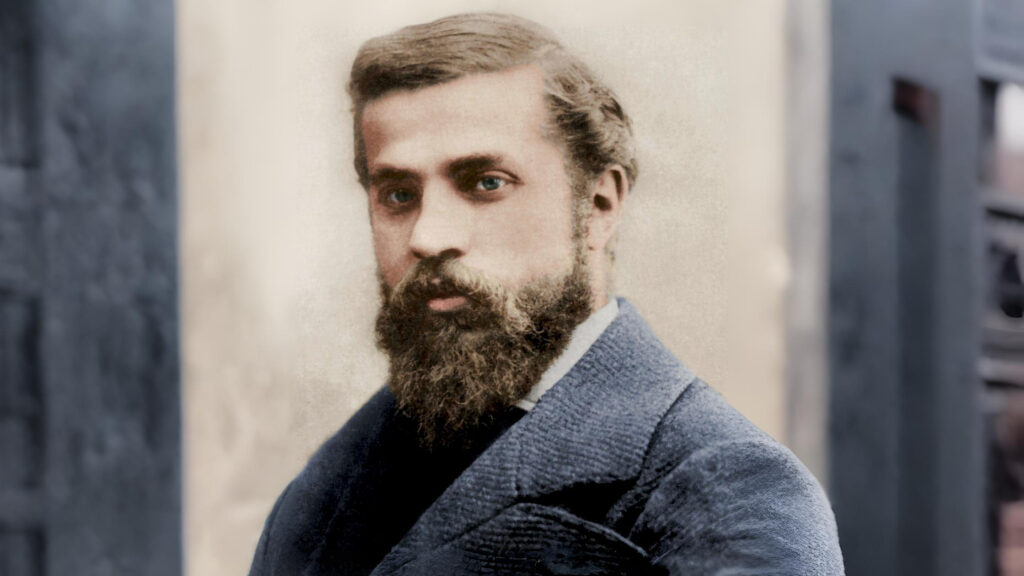
Antoni Gaudí Takes Another Step Toward the Altar: Declared Venerable by the Church
Exaudi Staff
14 April, 2025
2 min
 (EN)
(EN)
 (ES)
(ES)
 (IT)
(IT)

